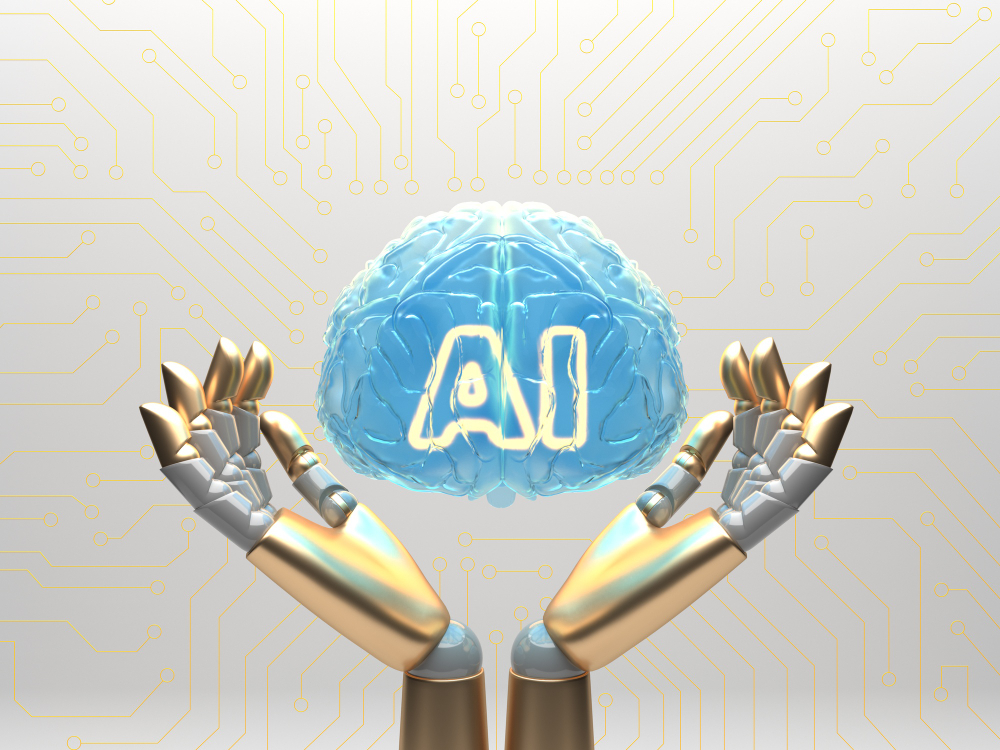


The addictive nature of Artificial Intelligence (AI) can be attributed to several factors, combining psychological, social, and technological aspects. Understanding these elements provides insights into why people find AI technologies compelling and, at times, addictive. In the realm of technology, the seamless integration of AI into various applications, including website development, enhances user experiences and fosters a sense of engagement, contributing to the allure and perceived addictiveness of AI-driven solutions.
AI systems excel in personalizing user experiences. Whether it's content recommendations on streaming platforms, personalized advertisements, or customized social media feeds, AI algorithms analyze user behavior to deliver content that aligns with individual preferences. This tailored approach creates a sense of personal connection, making users feel understood and engaged.
AI-powered applications often provide immediate responses and solutions. Chatbots, voice assistants, and recommendation systems offer instant feedback, reducing the time and effort users need to invest. The quick and accurate responses contribute to a sense of instant gratification, reinforcing the desire to interact with and rely on AI technologies regularly.
Many AI applications incorporate gamification elements, turning interactions into a game-like experience. Progress bars, achievements, badges, and other game mechanics tap into the human desire for accomplishment and reward. This gamified approach not only enhances user engagement but also triggers a sense of achievement, making users more likely to return to the AI-powered platform.
Social media algorithms, powered by AI, play a significant role in creating addictive digital experiences. The constant flow of likes, comments, and shares provides users with a sense of social validation and belonging. The fear of missing out (FOMO) and the desire for social approval contribute to users' continuous engagement with AI-driven social platforms.
AI's ability to predict user preferences and behaviors is a key factor in its addictive nature. Whether it's predicting the next song you might enjoy, the products you want to buy, or the news articles you'd find interesting, AI systems create a sense of anticipation and excitement. Users are drawn to the accuracy of these predictions, fostering a reliance on AI for decision-making.
AI technologies are designed to streamline tasks and enhance efficiency. From voice-activated virtual assistants that perform tasks with a simple command to recommendation algorithms that save users time in discovering relevant content, the convenience offered by AI contributes to its addictive quality. Users naturally gravitate towards technologies that make their lives easier and more efficient.
Advanced AI, particularly in the form of social robots or chatbots, is engineered to simulate emotional intelligence. These systems can recognize and respond to human emotions, creating a sense of connection and companionship. Humans are naturally drawn to social interactions, and the emotional engagement facilitated by AI technologies fosters a bond that users may find difficult to resist.
AI systems are designed to learn and adapt based on user interactions. This continuous learning loop ensures that the technology becomes increasingly effective over time. As users witness improvements and refinements in AI-driven services, they are more likely to stay engaged, expecting even better experiences in the future.
AI-powered entertainment, such as virtual reality (VR) and augmented reality (AR) experiences, offers a form of escapism. Users can immerse themselves in alternate realities, games, or simulations, providing a break from the real world. The captivating and immersive nature of AI-driven entertainment contributes to its addictive appeal.
AI-driven content recommendation algorithms, particularly on social media and news platforms, leverage FOMO to keep users engaged. The constant flow of new information and updates creates a sense of urgency, making users anxious about missing out on important or trending content. This fear drives continuous interaction with AI-powered platforms to stay in the loop.
The addictive nature of AI is a complex interplay of technological capabilities and human psychology. AI's ability to understand, adapt, and cater to individual preferences, coupled with the convenience and efficiency it offers, creates a potent recipe for user engagement. As AI technologies continue to evolve, ethical considerations regarding user well-being and potential addiction become increasingly important in shaping the future development and deployment of AI systems. In contemplating the future landscape, a recurring question emerges: Will AI completely replace programmers? This inquiry sparks discussions about the role of human expertise in programming and the evolving relationship between AI and human developers.
